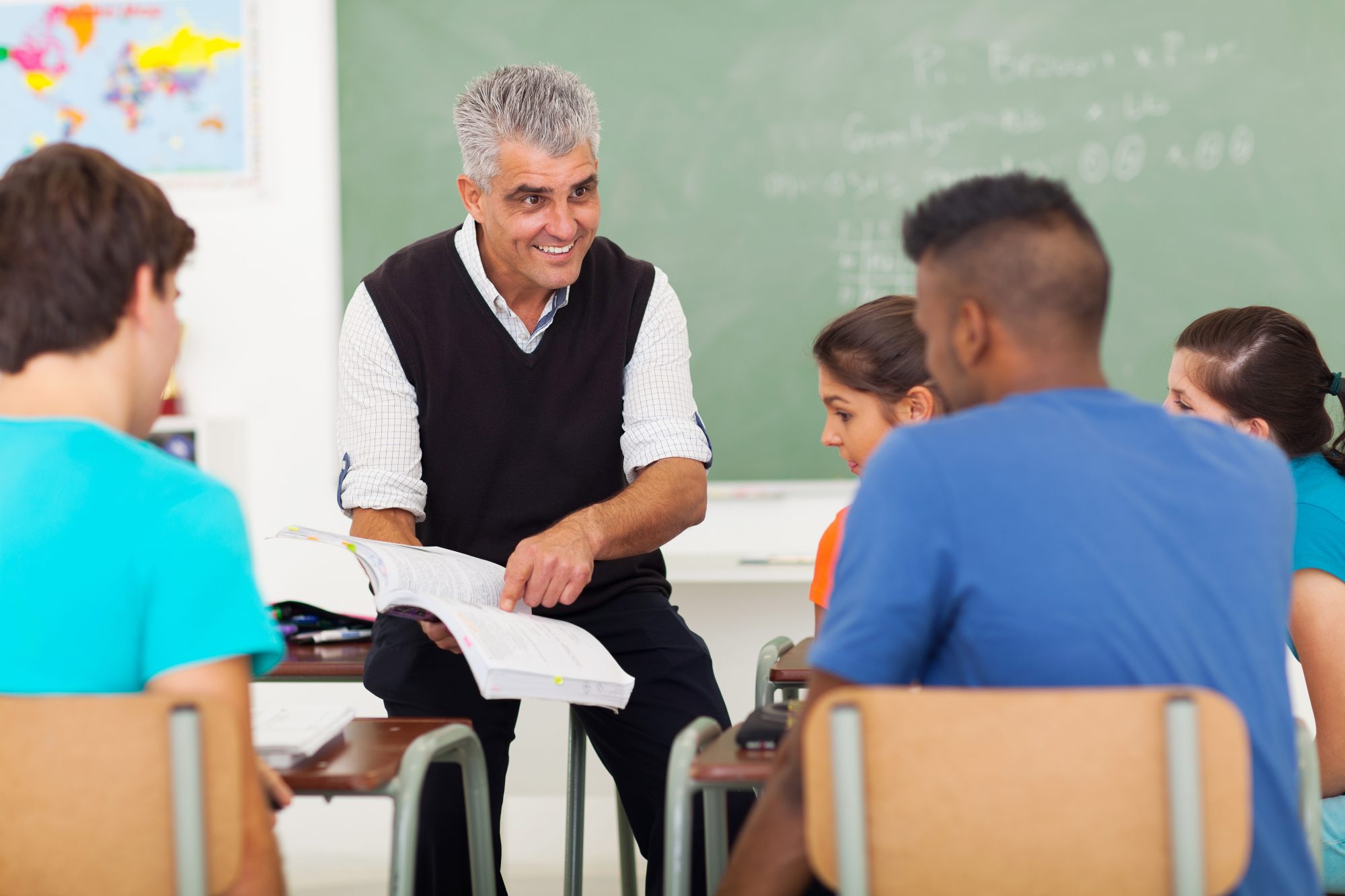Promoting the policy areas of education, science and research are crucial for Germany’s future prosperity, according to the Federal Ministry of Education and Research (BMBF)
Promoting the policy areas of education, science and research play a vital part in securing Germany’s future prosperity. (1)
Germany’s current Federal Minister of Education and Research, Bettina Stark-Watzinger (2), believes education and research are both hugely important for the development of the country. It is interesting to learn more of her thoughts on this in a December 2021 interview. On education and research for the future of Germany’s people, Stark-Watzinger affirms that each person can be empowered, and the means to achieve this is simply education. She develops this point and adds that research and innovation both provide a basis for future progress and to tackle grand challenges.
“Education starts at day care centres and continues at school, in vocational training and higher education and, ideally, throughout our lives. This is how we create opportunities and enable individual careers for anyone, whatever their personal background. Better education provides for advancement and self-determination as well as for growth and prosperity. Its twin is research and innovation. The two of them provide the basis for progress and are urgently required to address grand challenges such as COVID-19, digitalisation and climate change.”
Education & research for future prosperity
Stark-Watzinger gives fascinating insights into her key plans for the coming years, stating that more progress is desired by the coalition and that education and research play a critical role here. “Education and research will play a key role in this regard. They are the most important drivers of progress in our country,” the Minister comments.
COVID-19 underlines the need to give education a modernisation boost in Germany, so that’s why it is vital to make the Digital Pact speed up by reducing bureaucratic obstacles, Stark-Watzinger states. The Minister also details reforming BAföG training assistance and giving extra support to children and young people with special needs. It is worth explaining first that BAföG means training is funded by the public sector, so the state provides individual trainees with the finances required to cover training fees and living expenses. (3)
“We want to reform BAföG training assistance and make it less dependent on parental income. And we want to provide additional support to children and young people who are in special need to give them a better educational start in life,” Stark-Watzinger says.
Also, Stark-Watzinger sets out to do more for the multi-faceted research landscape that characterises Germany. As such, increasing government expenditure on research development is important for Stark Watzinger in her role as Federal Minister of Education and Research, but having said that she wants to remain curious when wearing her researcher’s hat. The latter is an interesting observation if we know something of Stark-Watzinger’s background, indeed, she worked in the management of two financial research institutions in Frankfurt for nearly ten years before being elected to the German Bundestag as a member responsible for the budget of the Ministry. (4)
Education: BMBF support for Ukrainian students
Returning to the theme of education, we see in late May the Federal Ministry of Education and Research (BMBF) with the German Academic Exchange Service (DAAD) expands support (worth €9 million) for students who have departed Ukraine.
Federal Education Minister Bettina Stark-Watzinger reveals more about this very valuable initiative. Students who have left Ukraine need BMBF’s support, hence the expansion of existing programmes. “With the two new digital programmes, we are contributing to the continuation of teaching at Ukrainian universities for the first time. In addition, we support German universities in their efforts to offer existing courses in a virtual format to prepare refugee students for studies in Germany.
“This broad approach enables students and prospective students from Ukraine to quickly continue or start their university studies. We are thus providing for a certain degree of continuity and offering prospects for young people. I hope that the war will soon end so that they can return home.” (5)
Looking ahead: A research challenge
An exciting area to close this article concerns research and innovation on green hydrogen. This supports the aforementioned aim of BMBF concerning the vital role research plays for Germany’s future prosperity.
BMBF coordinated the Strategic Research and Innovation Agenda (SRIA), which in the European Research Area concerns science, industry and civil society all trying to accelerate the upscaling of the hydrogen economy. Bettina Stark-Watzinger explains that climate change is a huge challenge for humanity and that when tackling this, the focus will be placed on technology instead of lifestyle change.
“The Strategic Research and Innovation Agenda is to serve as a nucleus on the way towards a European Hydrogen Union. The Agenda Process on Green Hydrogen is thus also a blueprint for future broad[1]based initiatives of the Member States in an advanced, more dynamic European Research Area. This is important because only by working together can we achieve our climate goals,” the Minister stated (6). Certainly, we know that the BMBF sets out to “advance research on green hydrogen along the entire value chain”. (7)
References
(1) https://www.bmbf.de/bmbf/en/ministry/objectives-and-tasks/objectives-and-tasks_node.html
(2) https://www.bmbf.de/bmbf/en/ministry/political-staff/federal-minister-bettina-stark-watzinger/bettina-stark-watzinger.html
(3) https://www.bmbf.de/bmbf/en/education/bafoeg/the-german/federal-training-as-ides-educational-opportunities.html
(4) https://www.bmbf.de/bmbf/en/home/_documents/stark-watzinger-interview.html;jsessionid=6F6F24CFC836E3F8CE54B9ECF0E427E8.live092
(5) https://www.bmbf.de/bmbf/en/news/we-are-expanding-support-for-ukrainian-students.html
(6) https://www.bmbf.de/bmbf/en/news/new-strategic-agenda-for-european-hydrogen-economy.html
(7) https://www.bmbf.de/bmbf/en/research/energy-and-economy/green/hydrogen/international-research-cooperations-on-green-hydrogen/international-research-cooperations-on-green-hydrogen.html






![Europe’s housing crisis: A fundamental social right under pressure Run-down appartment building in southeast Europe set before a moody evening sky. High dynamic range photo. Please see my related collections... [url=search/lightbox/7431206][img]http://i161.photobucket.com/albums/t218/dave9296/Lightbox_Vetta.jpg[/img][/url]](https://www.openaccessgovernment.org/wp-content/uploads/2025/04/iStock-108309610-218x150.jpg)





Thanks Jonathan for this informative article. I completely agree that education & research are integral part of gaining knowledge but whats more important is the benefit that international students can grab while opting for higher studies in Germany. Hope to read more such articles in coming days. Keep writing.